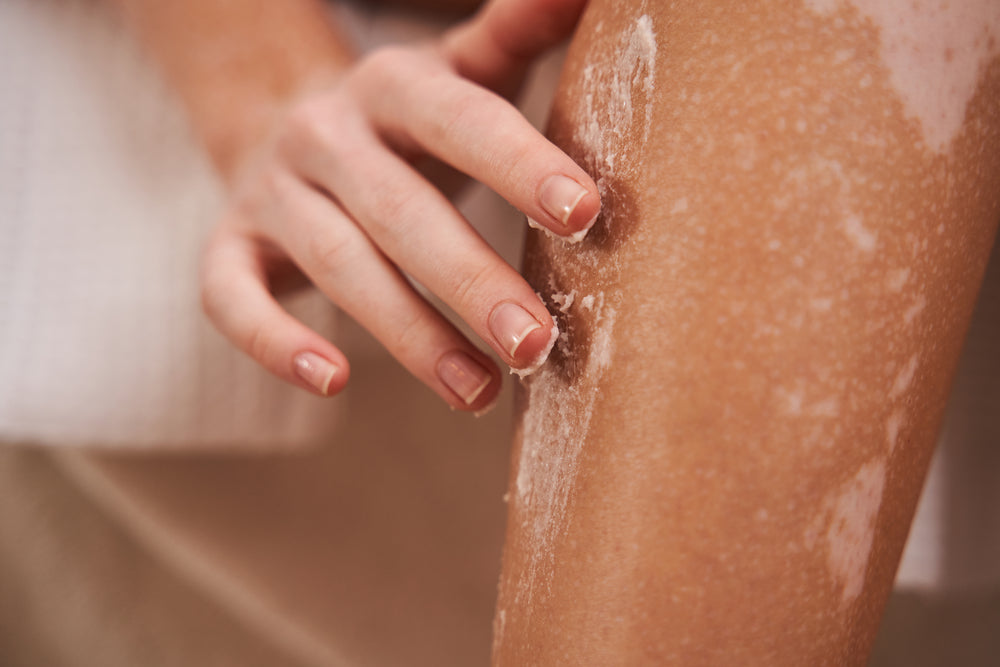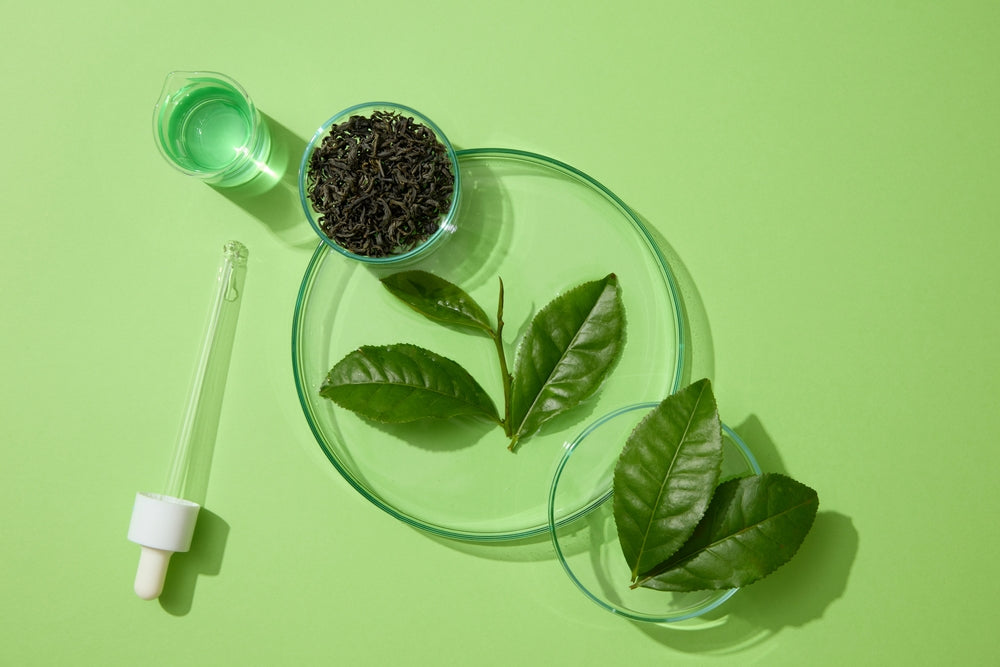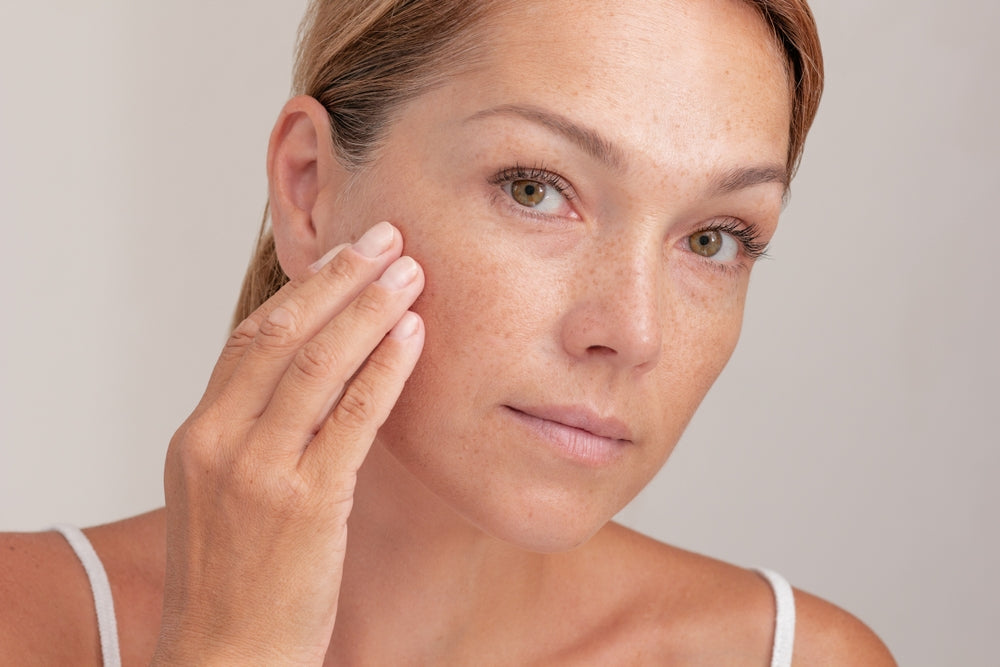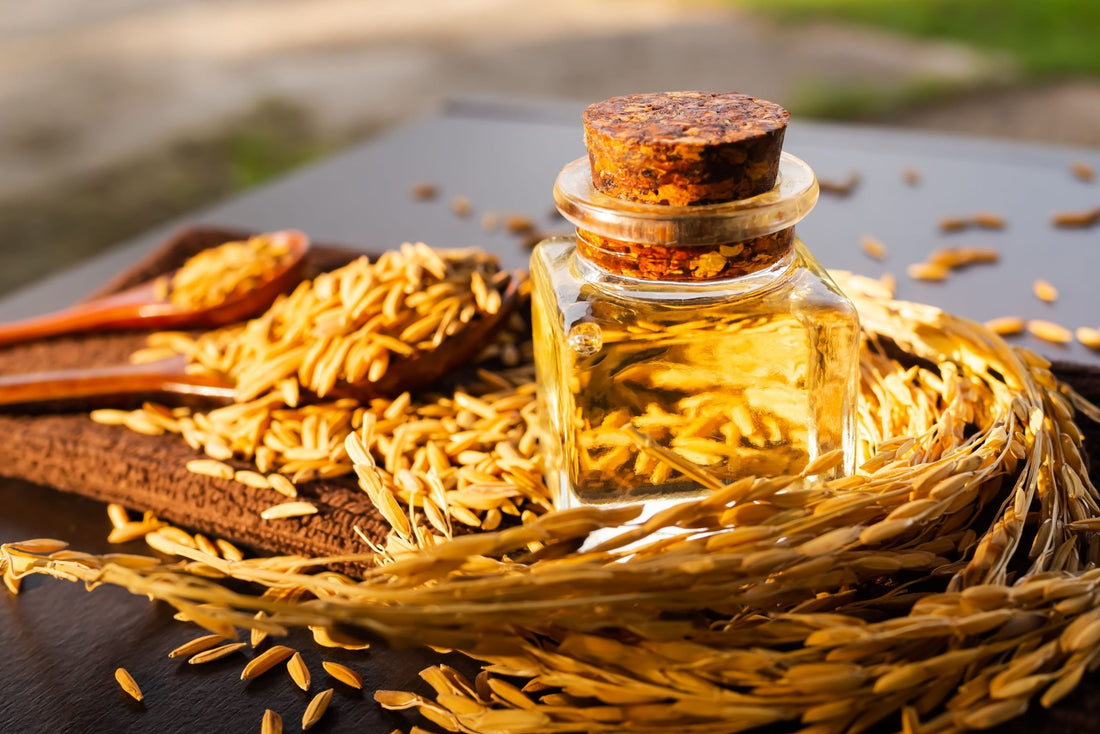Skin exfoliation is a great addition to your skincare routine but, like most things, overdoing it can actually cause damage to your skin. To prevent over-exfoliation and maintain healthy looking skin, consider the following tips and tricks for proper exfoliation techniques.
Exfoliation Is Natural
Did you know that exfoliation is a natural process? Our skin actually exfoliates itself through a process called desquamation. This process takes 28 days, during which skin cells are born, grow, mature, and die. Desquamation helps our skin to naturally maintain itself, which explains why some people never seem to need to exfoliate.
However, for others, the desquamation process does not work optimally. When this occurs, you can end up with a buildup of dead skin cells and sebum on your face. This is where exfoliation products come in to remove unwanted skin debris. However, you want to be sure not to overdo it.
Chemical Exfoliation vs. Mechanical Exfoliation: Which to Choose?
When it comes to methods of exfoliation, there are two main types. The first is called chemical exfoliation, which uses products like glycolic acid, alpha hydroxy acids (AHAs), salicylic acid, and retinol to remove unwanted debris on the surface of the skin. This method is especially effective for those with oily or acne-prone skin.
Mechanical exfoliation is the second form, which is also called physical exfoliation. This relies on skincare tools to slough away dead skin cells such as a washcloth, exfoliating brush, or a facial scrub with scrubbing beads. It is important to choose a gentle physical exfoliant, as a scrub that is too abrasive can create microtears and inflammation in the skin.
Both, are great options to maintain healthy looking skin. When it comes to which one is right for you, it ultimately comes down to preference.
Over-Exfoliation: How Much Is Too Much?
Most skin can fall into three categories including oily, dry, or combination. These different skin types can help you to determine how often you should exfoliate for the best result.
Oily Skin
Oily skin types will have a persistent sheen, especially in the t-zone. This is because the skin produces excess oil or sebum, which can lead to more frequently clogged pores. Exfoliation two to three times a week is usually recommended for oily skin types. to help balance out the skin.
Dry Skin
Skin that is dry will feel tight due to the decreased amount of lipids that help the skin maintain its moisture. This often results in dullness, flakiness, and an uneven skin tone. Chemical exfoliants are sometimes recommended over manual exfoliants for dry skin types. Most dry skin types can benefit from exfoliation just once to twice a week.
Combination Skin
Combination skin types have an oily t-zone but dryness throughout other areas of the face. Exfoliation two to three times a week is recommended to start and then can be adjusted as needed. Combination skin types may choose to exfoliate only where the skin needs it, such as the forehead and bridge of the nose.
Sensitive Skin
If you have sensitive skin and you are exfoliating, you will need to be sure to keep an eye out for warning signs of over-exfoliation. These include irritation, prolonged redness, inflammation, and acne breakouts. If your skin is reacting poorly to exfoliation, adjust the number of times you exfoliate a week.
Tips on How to Exfoliate the Skin
Approach with Care
When using an exfoliant, be sure not to scrub too hard or pull on the skin. For best results, use small, circular motions to press the product into the face and slough away dead skin at the same time. Gentle exfoliation can still achieve the results you desire without damaging the skin barrier.
No Need to Double Up in One Day
While exfoliation can definitely be beneficial to the skin, there is no need to exfoliate more than once a day. Stick to an exfoliation schedule that is ideal for your skin type for the best results.
Exfoliate Regularly
Some people may think that exfoliation is just something to do when your skin is breaking out, however, you should be consistent for long-term results. Exfoliating regularly can improve the texture of your skin, and minimize the look of clogged pores. Exfoliating can help your skin’s overall look and create a glowing complexion.
Use the Tools you Have
Mechanical exfoliation can easily be achieved with a washcloth or exfoliating brush, which can also be combined with an exfoliating cleanser. If you are a fan of chemical exfoliation, having a go-to product on hand that both cleans your pores and nourishes your skin can make exfoliating easy.
Signs you’re Over-Exfoliating
If you are new to exfoliation or have recently added exfoliation to your regular skincare routine, it is important that you do not over-exfoliate. Over-exfoliating is actually one of the biggest mistakes people make when wanting to care for their skin. Classic signs that you are overdoing it includes irritated skin, redness, peeling, burning, breakouts, and increased sensitivity to other products in your skincare routine.
What to Do if You’ve Over-Exfoliated
So, you have over-exfoliated and are now dealing with unwanted side effects. What do you do now? The first step is to stop exfoliating until your skin has healed and returned to its normal texture. Also, switch to a mild cleanser and fragrance-free moisturizer. You can also spot-treat very raw or red areas with an emollient such as Epicuren Discovery’s Soothe Dermal Repair Balm.
When Can you Start Exfoliating Again?
Once your skin has healed from over-exfoliation, you can reintroduce exfoliants slowly. It is recommended that you start exfoliating once a week to ensure your skin doesn’t become irritated. If you do not experience any issues, then you can work your way up from there.
High Quality Skincare Products by Epicuren Discovery
Epicuren Discovery is your destination for potent, high-quality formulas designed with cruelty-free practices and as environmentally friendly as possible. Browse our catalog of gentle exfoliants or find products that are perfect for your skin type and skincare goals by taking our Skin Quiz today!
Frequently Asked Questions
What happens if you use too much exfoliation?
Too much exfoliation can lead to dehydrated, patchy, rough, and flaky skin.
Can over-exfoliation damage the skin?
Over-exfoliated skin can become vulnerable, damaged, and inflamed. This inflammation can then eventually lead to an acne breakout.
How do you know if you exfoliate too much?
If you are exfoliating too much you can experience signs such as painful cracking and peeling, redness, acne, irritation, and dehydrated skin.
Can over-exfoliation cause permanent damage?
Severe over-exfoliation can lead to permanent scarring and speed up the signs of aging. Be sure to research your skin type to learn how often you should be exfoliating your skin.
Recommended exfoliators for those new to exfoliation
Apricot Facial Scrub, Pumpkin Apple Spice Peel, Clarify Polishing Mask, 5% Glycolic Lotion
Recommended Exfoliators for those accustomed to exfoliation
Fine Herbal Facial Scrub, Micro-Derm Ultra Refining Scrub, Himalayan Superfruit Enzyme Polish, 10% Glycolic Lotion





